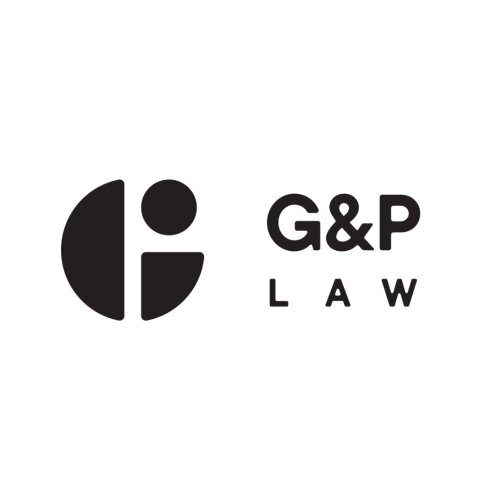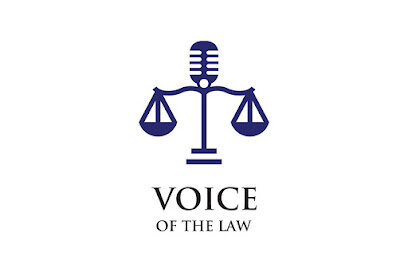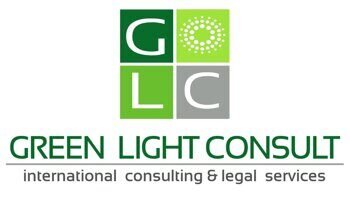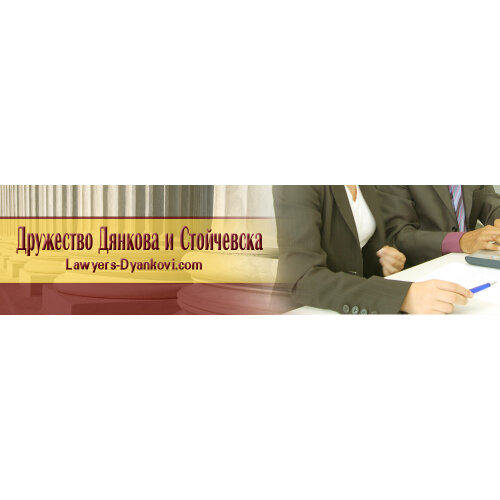Best Nonprofit & Charitable Organizations Lawyers in Sofia
Share your needs with us, get contacted by law firms.
Free. Takes 2 min.
List of the best lawyers in Sofia, Bulgaria
About Nonprofit & Charitable Organizations Law in Sofia, Bulgaria
Nonprofit and charitable organizations in Sofia, Bulgaria are governed by specific laws and regulations that dictate their formation, operation, and dissolution. These organizations play a crucial role in addressing various social, cultural, and environmental issues within the community. The legal structure for nonprofits in Sofia is designed to ensure transparency and accountability while promoting the ability of these organizations to fulfill their missions. Common types of nonprofits in Bulgaria include foundations, associations, and public benefit organizations, each with distinct characteristics and requirements.
Why You May Need a Lawyer
There are several reasons why individuals or groups involved in nonprofit and charitable organizations may seek legal assistance. Legal advice can be crucial when establishing a nonprofit, as professionals can help navigate the regulatory framework and ensure compliance with Bulgarian laws. Lawyers can also assist in handling governance issues, drafting bylaws, managing tax-exempt status, and resolving disputes that may arise within the organization. For those looking to obtain grants or engage in fundraising, legal support can help in developing effective strategies that conform to legal standards. Additionally, any changes in leadership or organizational structure often require legal guidance to maintain compliance.
Local Laws Overview
The legal landscape for nonprofit and charitable organizations in Sofia is primarily defined by the Bulgarian Nonprofit Legal Entities Act. This law outlines the requirements for establishing and operating a nonprofit, including the necessity of registering with the Bulgarian Registry Agency. Nonprofits in Sofia may pursue public-benefit or private-benefit status, each carrying different obligations and advantages. Public-benefit organizations receive certain tax benefits but must also adhere to stricter regulatory requirements concerning financial disclosures and operational transparency. Additionally, nonprofits must comply with the Bulgarian Commercial Act to some extent, as it governs entities that might engage in commercial activities to support their missions.
Frequently Asked Questions
What is the process for registering a nonprofit in Sofia?
Registering a nonprofit in Sofia involves drafting essential documents such as the statutes, providing details of the founding members, selecting an organizational form, and filing with the Bulgarian Registry Agency.
What types of nonprofit entities are recognized in Bulgaria?
The primary types are associations, which have a membership structure, and foundations, which do not. Both types can pursue public-benefit or private-benefit status.
How is a public-benefit organization different from a private-benefit organization?
Public-benefit organizations focus on activities that benefit the public at large and enjoy certain tax exemptions, whereas private-benefit organizations focus on operating for the benefit of a specific group and have fewer reporting requirements.
Are there any tax benefits for nonprofits in Sofia?
Yes, nonprofits recognized as operating in the public benefit can be eligible for tax benefits, including exemptions or reductions in certain taxes such as corporate tax and value-added tax (VAT).
Can a nonprofit in Sofia engage in commercial activities?
Yes, but these activities must align with the nonprofit’s objectives, and any profits must be reinvested into the organization’s mission rather than distributed as profits.
What governance structures are required for nonprofits?
Nonprofits typically have a general assembly, a governing board, and often, an executive body. The specifics can vary based on the type of organization and its statutes.
How often must a nonprofit report its financial activities?
Nonprofits must prepare annual financial statements and reports, and those operating in the public benefit must also submit these to the Bulgarian Registry Agency for public disclosure.
What happens if a nonprofit fails to comply with legal requirements?
Nonprofits may face penalties, including fines or revocation of their legal status if they fail to comply with registration, reporting, or governance obligations.
Can foreign organizations establish nonprofits in Sofia?
Yes, foreign entities can establish branches of their organizations or form new nonprofit organizations in Bulgaria, following the same rules and procedures as local entities.
How can a nonprofit in Sofia amend its bylaws?
Amending the bylaws typically requires a vote by the organization’s governing board or general assembly, depending on the structure outlined in the initial statutes.
Additional Resources
The following resources can be valuable for those seeking legal advice or support for nonprofit organizations in Sofia, Bulgaria:
- The Bulgarian Registry Agency
- The Ministry of Justice
- Local law firms specializing in nonprofit law
- Non-Governmental Organizations (NGO) portals
- Accountancy and advisory services familiar with nonprofit regulations
Next Steps
If you require legal assistance in the field of nonprofit and charitable organizations in Sofia, start by consulting with experts who specialize in nonprofit law. Consider reaching out to local nonprofits to get recommendations for reputable lawyers or firms. It might also be beneficial to attend workshops or seminars focused on nonprofit law to better understand the legal landscape. Always ensure that any legal advice you receive is up-to-date and specific to your organization's needs.
Lawzana helps you find the best lawyers and law firms in Sofia through a curated and pre-screened list of qualified legal professionals. Our platform offers rankings and detailed profiles of attorneys and law firms, allowing you to compare based on practice areas, including Nonprofit & Charitable Organizations, experience, and client feedback.
Each profile includes a description of the firm's areas of practice, client reviews, team members and partners, year of establishment, spoken languages, office locations, contact information, social media presence, and any published articles or resources. Most firms on our platform speak English and are experienced in both local and international legal matters.
Get a quote from top-rated law firms in Sofia, Bulgaria — quickly, securely, and without unnecessary hassle.
Disclaimer:
The information provided on this page is for general informational purposes only and does not constitute legal advice. While we strive to ensure the accuracy and relevance of the content, legal information may change over time, and interpretations of the law can vary. You should always consult with a qualified legal professional for advice specific to your situation.
We disclaim all liability for actions taken or not taken based on the content of this page. If you believe any information is incorrect or outdated, please contact us, and we will review and update it where appropriate.
















